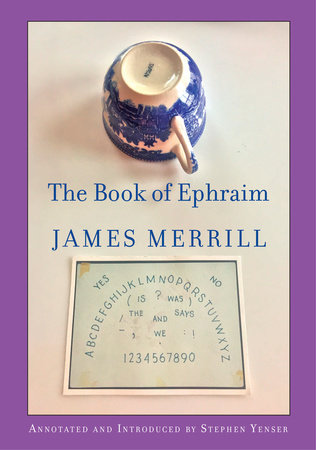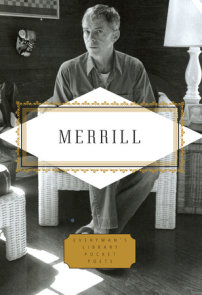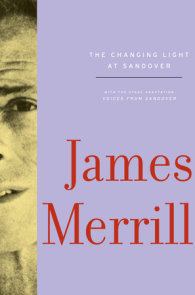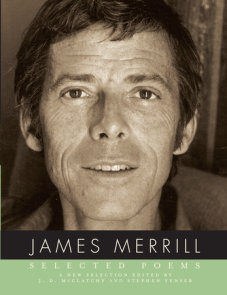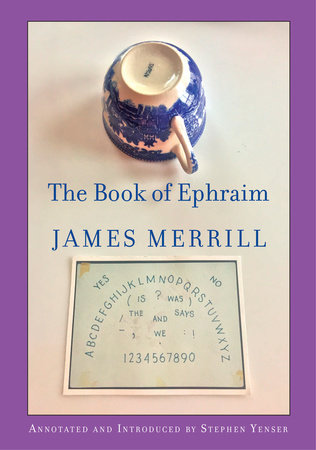

The Book of Ephraim
By James Merrill
Notes by Stephen Yenser
By James Merrill
Notes by Stephen Yenser
By James Merrill
Notes by Stephen Yenser
By James Merrill
Notes by Stephen Yenser

-
$18.00
Apr 03, 2018 | ISBN 9781524711344
-
Apr 03, 2018 | ISBN 9780525520245
YOU MAY ALSO LIKE

The Last Gift of Time
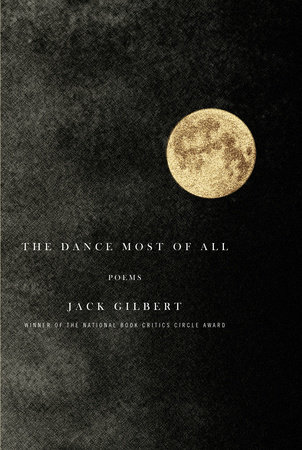
The Dance Most of All
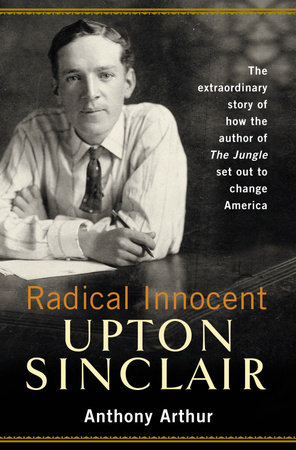
Radical Innocent: Upton Sinclair
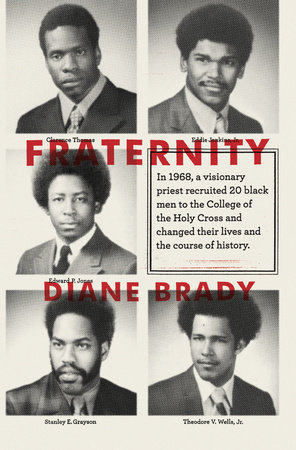
Fraternity
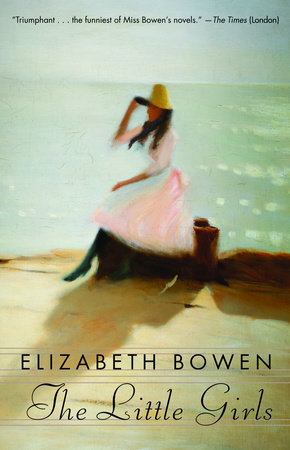
The Little Girls
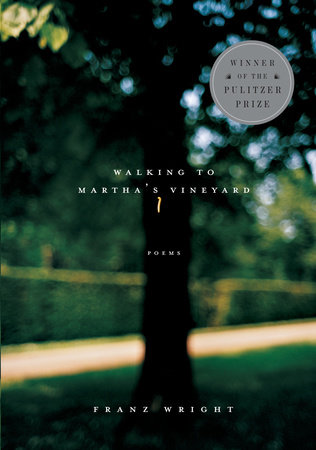
Walking to Martha’s Vineyard
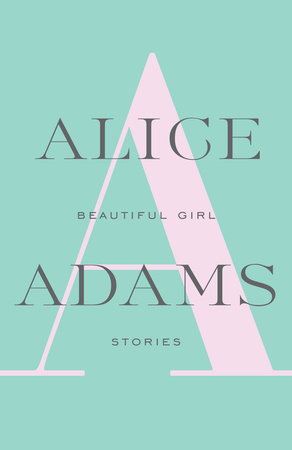
Beautiful Girl
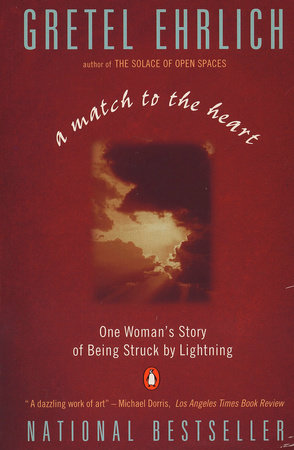
A Match to the Heart
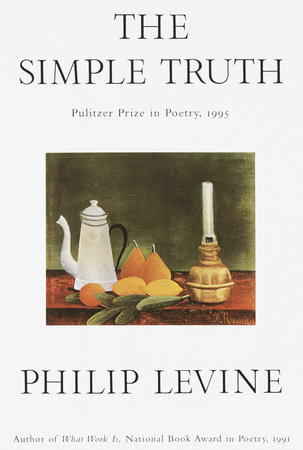
The Simple Truth
Praise
“A work of remarkable range . . . Like no other poem in the English Language . . . The Book of Ephraim is a profound piece of occult narrative and chance compositional practices, overlaid with the virtuosity and penetrating wit Merrill was known for. . . . [Ready] to be discovered by a new generation of readers.” —Meghan O’Rourke, Vulture
“The very best of the poetry of James Merrill . . . brilliantly annotated and introduced. . . . No other critic of James Merrill could have annotated this poem with such elegance and attentiveness, erudition and love . . . Thorough without being exhaustive; suggestive rather than definitive; a beginning of new explorations . . . Yenser generously allows for a multiplicity of meanings, rarely forcing a particular reading and at all times refusing to limit the complexity and capaciousness of Merrill’s linguistic imagination and the inventiveness of his wordplay. He unravels intricate etymologies and draws connections between themes and theories from section to section of the poem, opening up the possibilities of Merrill’s poem to readers rather than closing them down. . . One of the greatest of Merrill’s literary achievements in his lifetime, [The Book of Ephraim] is also one of the great American long poems of the last century. Stephen Yenser’s new annotated edition of the poem preserves and extends that legacy to ours.” —Richie Hoffman, Los Angeles Review of Books
“Fascinating . . . Expansive . . . A compelling appreciation, orientation, and grotto of unexpected facts. . . . Yenser has a light touch: he leaves space for readers to form their own ideas about the poem’s concerns, digressions, and connections. [His] references both help one get one’s bearings, and help make one aware of the poem’s vivid ‘tribute to the convergence of means and meaning’ . . . An absorbing, lively contribution.” —Calista McRae, The Kenyon Review
21 Books You’ve Been Meaning to Read
Just for joining you’ll get personalized recommendations on your dashboard daily and features only for members.
Find Out More Join Now Sign In






